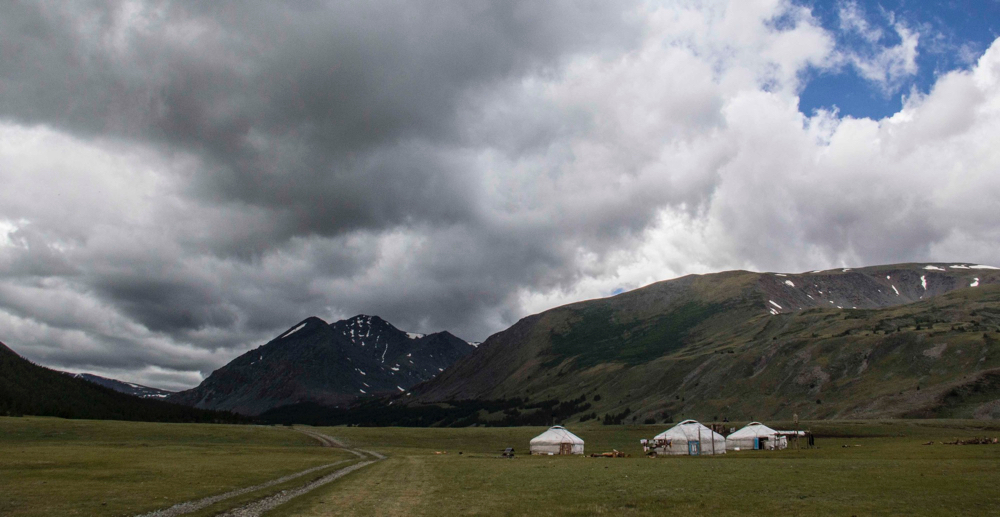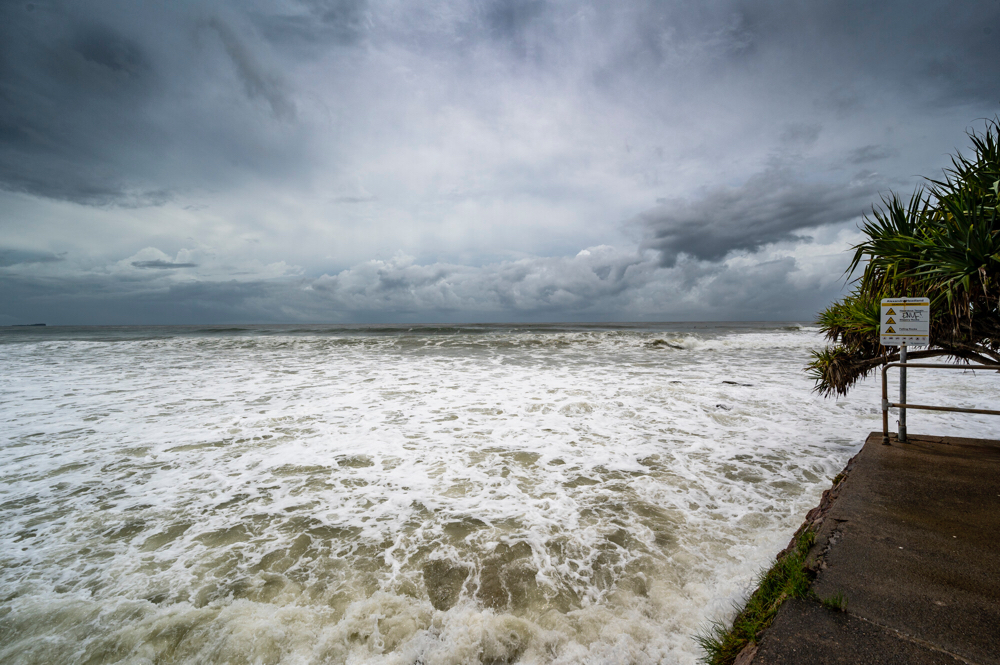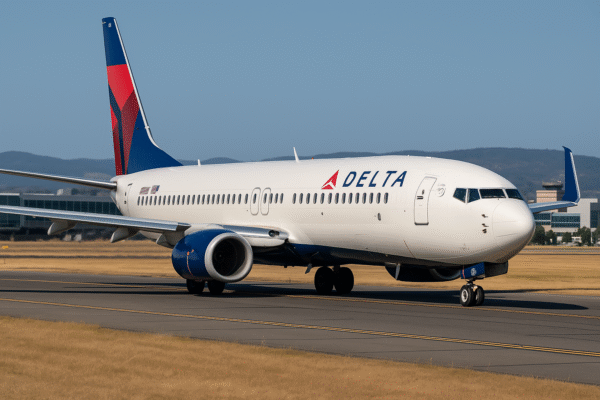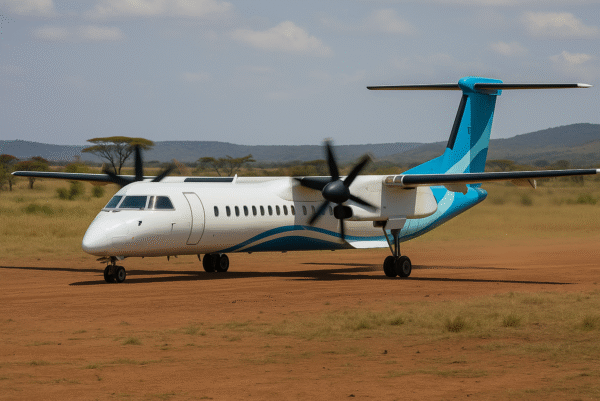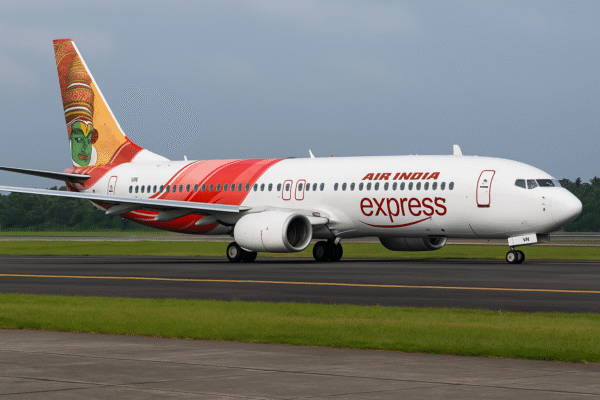TORONTO, CANADA – JULY 13, 2025 – A major wave of flight disruptions has affected airports across Canada, with over 500 delays and cancellations reported due to severe weather conditions, impacting thousands of passengers. Major hubs like Toronto Pearson International Airport (YYZ) and Vancouver International Airport (YVR) are among the hardest hit, with airlines including Air Canada, WestJet, and Porter Airlines all experiencing widespread operational challenges.
The disruptions stem from a combination of thunderstorms, heavy rainfall, dense fog, and poor visibility, which have created unsafe conditions for aircraft operations. With delays cascading across the national airspace, passengers are being urged to check flight statuses regularly and prepare for further scheduling impacts.
Key Airports Affected by Canada’s Severe Weather System
Toronto Pearson International Airport (YYZ)
Toronto Pearson faced the highest number of disruptions, with 118 delays and 24 cancellations. Thunderstorms and rain showers created unstable flight conditions, leading to rerouted aircraft and extended taxiing times. Airlines like Air Canada, Jazz, Porter, and WestJet reported dozens of delays, with ripple effects reaching international carriers such as Lufthansa, Cathay Pacific, and American Airlines.
Vancouver International Airport (YVR)
Light rain and dense fog reduced visibility at Vancouver, slowing down runway and taxiway operations. The airport recorded 71 delays and 9 cancellations, with WestJet, Air Canada, and Porter Airlines among the most affected. Delays to long-haul carriers such as British Airways, Japan Airlines, and Air New Zealand were also reported.
Montreal-Trudeau International Airport (YUL)
Cloud cover and rain showers disrupted 100 flights and forced 5 cancellations in Montreal. Affected airlines included Air Canada, Jazz, Porter, and international operators like Royal Air Maroc, Tunisair, and Emirates. Operational slowdowns were mainly due to visibility challenges on the ground.
Calgary International Airport (YYC)
Despite not recording any cancellations, 69 flight delays were logged at Calgary, largely driven by heavy rain and wind. WestJet, which has a strong operational base at YYC, experienced 30 delayed flights, while Air Canada, Jazz, and American Airlines also reported slower-than-usual operations.
Edmonton International Airport (YEG)
Edmonton reported 25 delays and 7 cancellations, despite weather in the area remaining relatively calm. Disruptions at other major hubs impacted inbound flights, particularly those originating from Toronto and Vancouver.
Disruptions Felt at Secondary and Regional Airports
Smaller and regional airports also experienced delays due to poor weather or cascading effects from national hubs.
- Ottawa Macdonald-Cartier International Airport (YOW): 19 delays and 1 cancellation, largely tied to overcast skies and ground handling delays.
- Winnipeg International Airport (YWG): 11 delays and 1 cancellation, stemming from weather-related issues at departure airports.
- Halifax Stanfield International Airport (YHZ): 20 delays and 3 cancellations due to fog, light rain, and wind.
- Quebec City Jean Lesage International Airport (YQB): 14 delays and 2 cancellations caused by reduced visibility and intermittent rain.
- St. John’s International Airport (YYT): 9 delays driven by fog and occasional snow flurries typical for the region, even in summer.
- Victoria International Airport (YYJ): 6 delays due to low cloud cover and fog that slowed down arrival procedures.
- Greater Moncton International Airport (YQM): 5 delays related to Atlantic rain systems and fog.
Airlines Most Affected
Airlines with the largest Canadian operations took the brunt of the disruptions:
- Air Canada: Over 100 delays and 13 cancellations across multiple hubs.
- WestJet: Significant delays across Calgary, Vancouver, and Toronto, with scattered cancellations.
- Porter Airlines: Notable delays in Toronto, Ottawa, Halifax, and Montreal, with up to 8% of services cancelled in affected cities.
- Jazz Aviation: A high percentage of delays, particularly at Toronto and Montreal, due to shared operations with Air Canada.
- Several international airlines, including Cathay Pacific, Air France, Japan Airlines, and Emirates, also experienced disruptions due to bottlenecks at Canadian gateways.
Weather Forecast and Ongoing Risk
The Canadian Weather Service has issued advisories for continuing unstable weather patterns through the next 48 hours, especially across Ontario, British Columbia, and parts of Atlantic Canada. Thunderstorms, fog, and intermittent rain showers are expected to persist, which could cause further delays or cancellations through midweek.
Travelers should monitor:
- Toronto Pearson Airport Flight Tracker
- Vancouver International Airport Updates
- Airline notifications through apps and SMS alerts
How Passengers Can Prepare and Minimize Disruption
- Check Flight Status Frequently: Use airline apps or airport websites for real-time updates.
- Arrive Early: Allow extra time for check-in and security screening amid possible staffing delays.
- Opt for Travel Insurance: Weather-related disruptions often fall outside of airlines’ control, so insurance may help recoup costs.
- Pack Essentials in Hand Luggage: Delays can turn into overnight stays—bring medication, chargers, and a change of clothes.
- Know Your Passenger Rights: While weather is generally not compensable under Canadian air passenger regulations, meals or accommodation may still be offered voluntarily by airlines.
Final Outlook: Navigating Travel During Weather Volatility
As of today, over 474 delays and 52 cancellations have disrupted flight schedules across Canada, with Toronto, Vancouver, and Montreal seeing the highest volumes of interruptions. While airport operations are actively managing flow, the complex ripple effect from weather across time zones and hubs remains difficult to control.
With summer travel reaching peak levels and climate unpredictability on the rise, Canada’s travelers are urged to stay flexible and remain informed as weather-related challenges continue to impact nationwide air traffic.
For more travel news like this, keep reading Global Travel Wire






